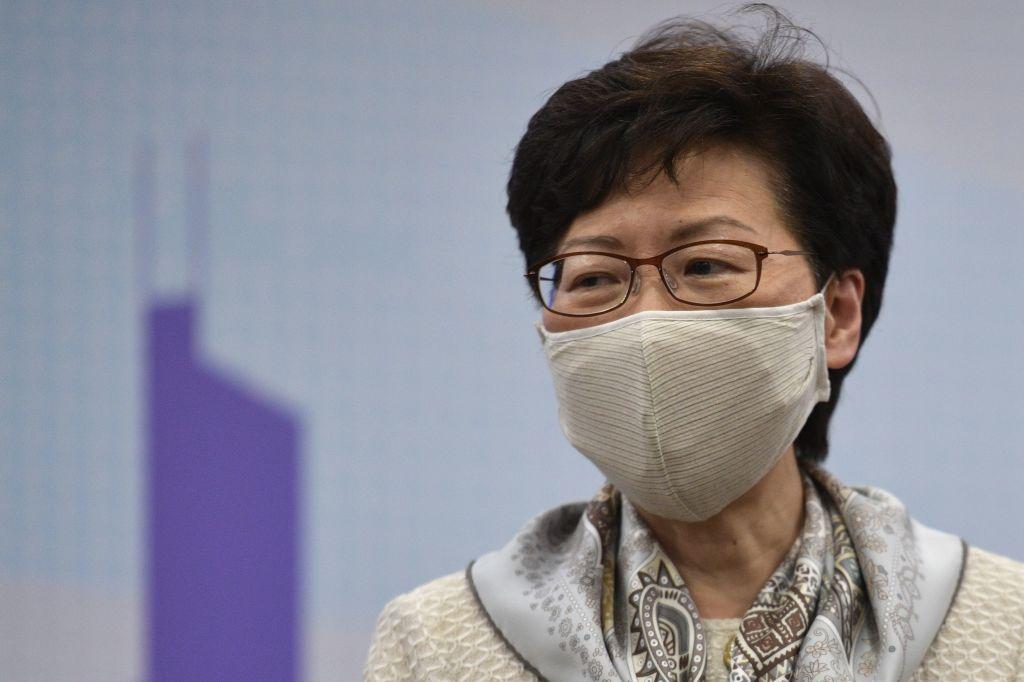Hong Kong leader Carrie Lam reiterated her support for the Chinese regime’s national security law after meeting with top Chinese Communist Party officials on June 3, amid growing criticism of Beijing’s tightening grip on the Chinese-ruled city.
China’s rubber-stamp legislature, the National People’s Congress (NPC), adopted a draft resolution on May 28, drawing global rebuke at Beijing for failing to uphold its promise to preserve Hong Kong’s autonomy and freedoms upon its transfer of sovereignty from British to Chinese rule in 1997.





